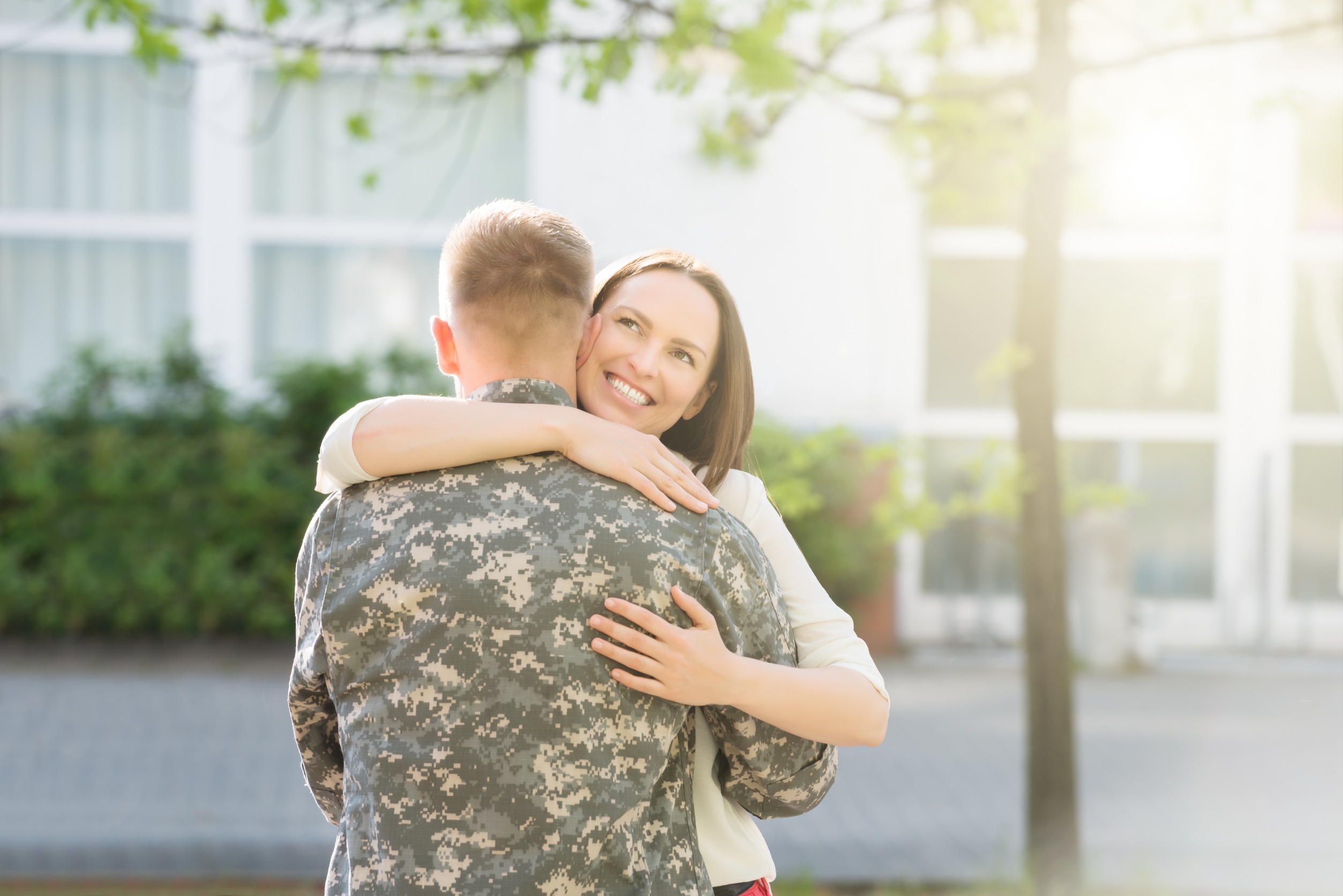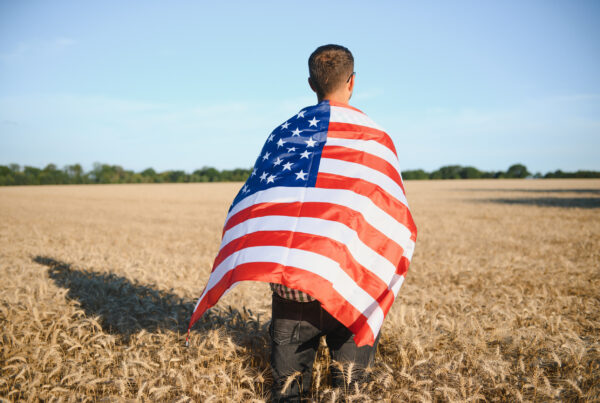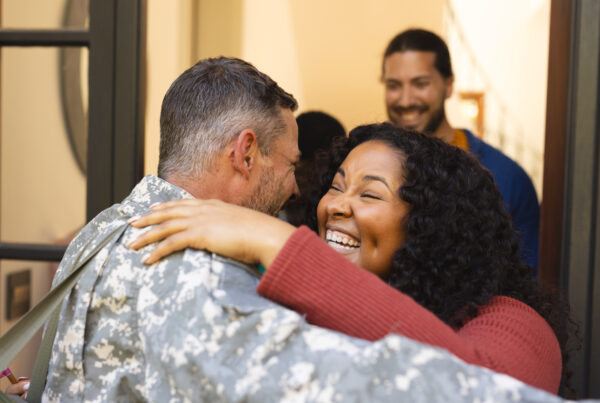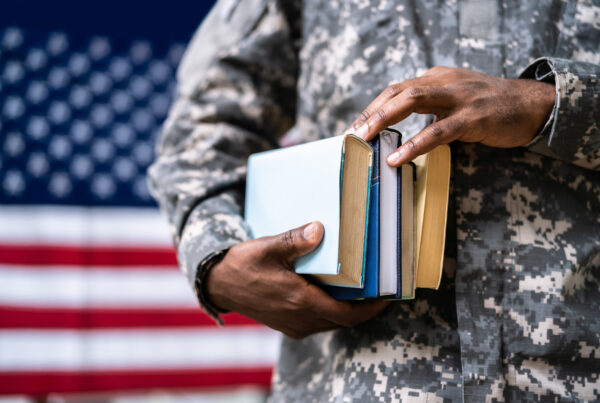”Question: How does practicing gratitude strengthen military community relationships and why is it scientifically important?
Reading time: 5 Minutes
MWi Hack:
- The power of gratitude in military communities lies in its ability to boost neurochemical responses that enhance social bonds, break negative thought patterns, and strengthen relationships through conscious appreciation, making it a vital tool for service members, Veterans, and their families to build resilience and deepen their unique connections.
MWi Summary:
- Gratitude triggers the release of oxytocin, dopamine, and serotonin in the brain, strengthening social connections and improving emotional wellbeing – particularly valuable in military communities where strong bonds are essential.
- Military personnel and Veterans can use gratitude practices to combat negativity bias and build mental resilience, which is crucial for maintaining operational readiness in high-stress environments.
- Regular expressions of appreciation between military couples and families help maintain stronger relationships during challenging periods like deployments and frequent relocations.
- Within the military community, gratitude takes on heightened significance as it reinforces the unique bonds between service members, Veterans, and their support systems through mutual recognition and support.
- Implementing daily gratitude practices, such as noting three thankful moments or sending genuine appreciation messages to battle buddies, creates a ripple effect that strengthens both individual wellbeing and community connections.
MWi understands the unique strength of the modern military and Veteran community and its exceptional capacity for connection and mutual support. The new RELATE category specifically addresses this cornerstone of military life, providing resources and insights that enhance these vital bonds. This article explores how gratitude can strengthen our relationships and improve overall wellbeing – a topic particularly relevant to our service members, Veterans, families, and support systems.
The Science of Connection Through Gratitude
When we express gratitude, our brains release oxytocin, often called the “love hormone.” This neurochemical helps forge stronger social connections and builds trust. Additionally, gratitude activates our brain’s reward pathways, triggering the release of dopamine and serotonin – key players in mood regulation and emotional wellbeing.
In military communities, where strong bonds can mean the difference between struggle and resilience, these biological responses become especially significant. The shared experiences and challenges of military life create unique opportunities for meaningful gratitude practice.
Breaking the Negativity Cycle
Our minds naturally gravitate toward problems and worst-case scenarios. This “negativity bias” served our ancestors well for survival but can trap us in cycles of anxiety and rumination today. For military personnel facing high-stress situations, this tendency can be particularly pronounced.
Gratitude acts as a circuit breaker for these patterns. When we consciously shift our attention to what’s good in our lives, we create new neural pathways that make positive thinking more automatic over time. This mental resilience is crucial for maintaining operational readiness and personal wellbeing.
The Relationship Revolution
Perhaps gratitude’s most profound impact is on our relationships. Studies show that couples who regularly express appreciation experience greater relationship satisfaction and emotional intimacy. This is especially relevant for military families navigating the challenges of deployment and frequent relocations.
But it goes beyond romantic partnerships – practicing gratitude can deepen our connections with unit members, fellow Veterans, and the broader military community. When we acknowledge others’ positive impact on our lives, we create a reciprocal cycle of goodwill. The person receiving thanks feels valued and is more likely to continue their supportive behaviors, strengthening the social bonds crucial for mental health.
The Military Community Connection
In the military community, gratitude takes on special significance. Whether it’s appreciation for a fellow service member’s support during a difficult deployment, thankfulness for a military spouse’s resilience, or recognition of a Veteran mentor’s guidance, these expressions of gratitude reinforce the unique bonds that make our community strong.
From Practice to Transformation
Like any meaningful change, cultivating gratitude requires intention and practice. Try starting each day by noting three things you’re thankful for, or end your evening by writing down positive moments from your day. Send a genuine thank you message to a battle buddy who’s impacted your life or a friend who is always there for you. Notice the small things – a comrade’s support, a moment of connection, a peaceful homecoming.
The beauty of gratitude is that it’s both personal and communal. As you develop this practice, we not only enhance our own wellbeing but create ripples of positivity that strengthens relationships and communities. In the military community, where connection and mutual support are foundational values, gratitude offers a powerful tool for reinforcing these essential bonds.
Through our responsive content and dedicated support, MWi continues to serve the modern military and Veteran community by providing relevant, practical strategies for enhancing connection and wellness. Together, we can build stronger, more resilient relationships through the power of gratitude.






